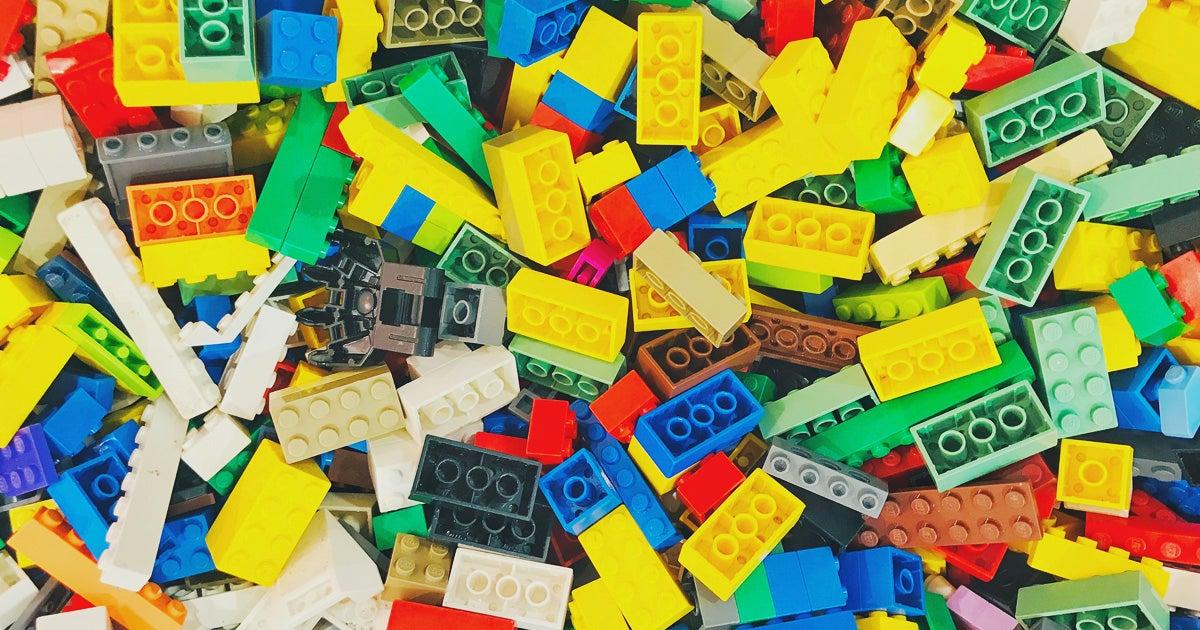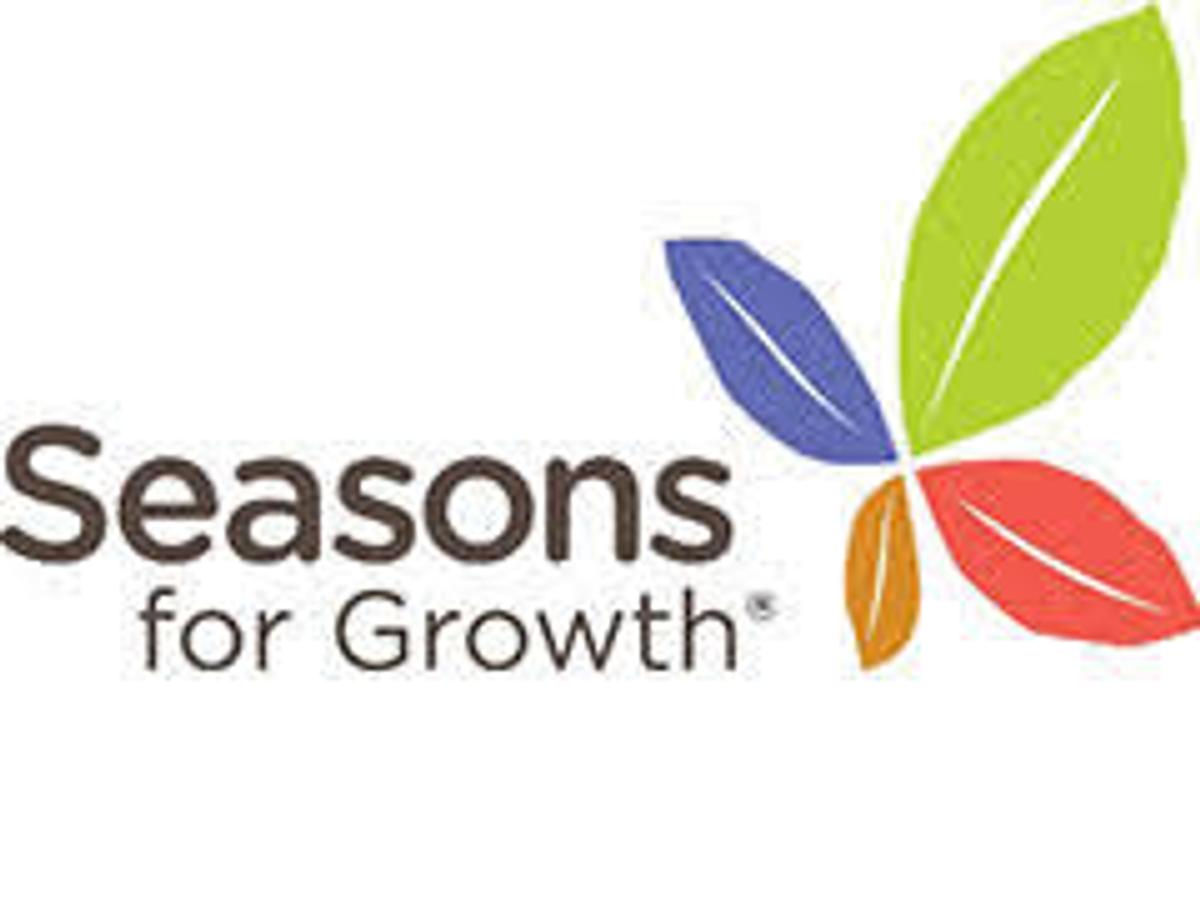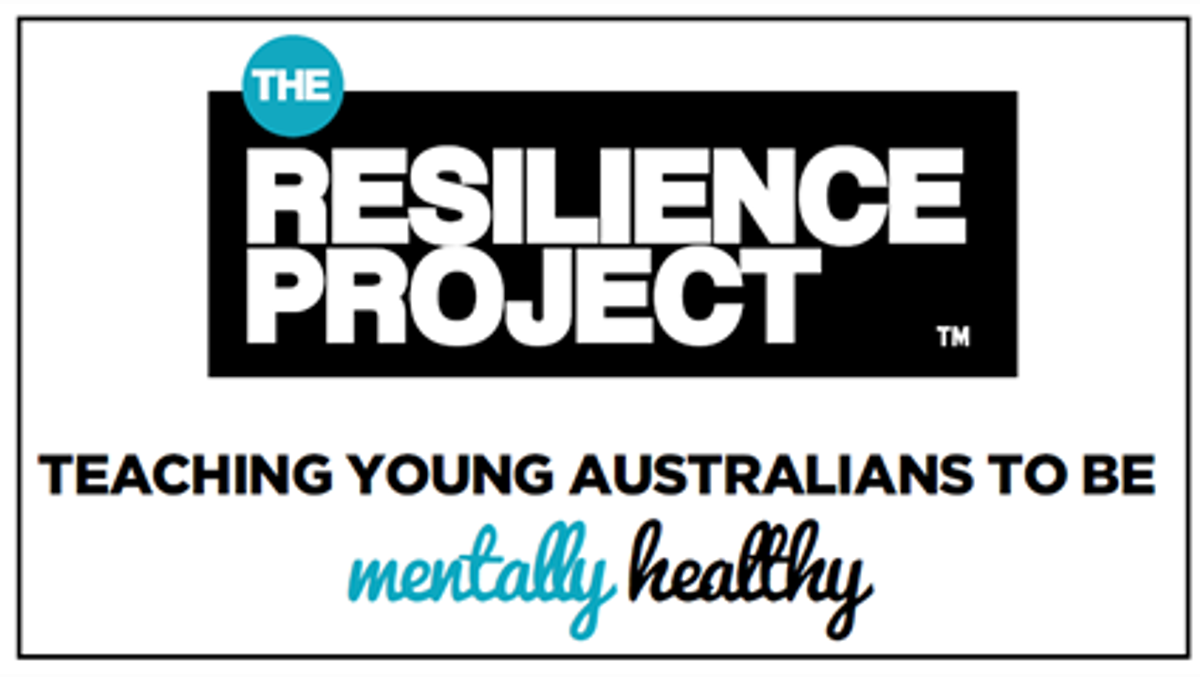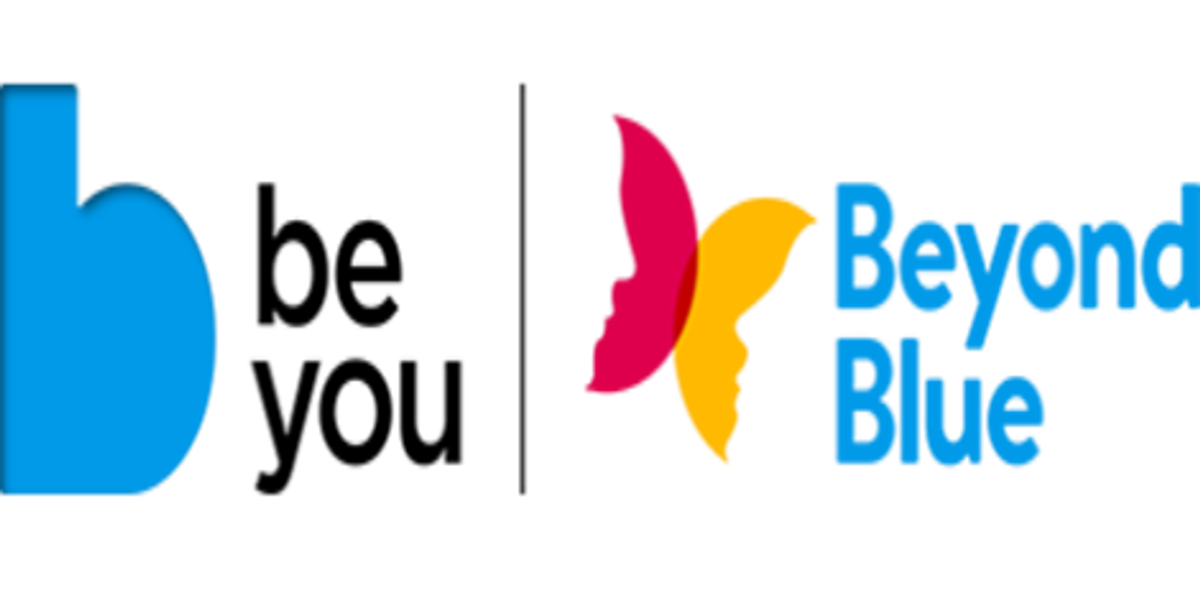Wellbeing

Covid -19
During the time of the Covid-19 pandemic, a time of so much change for us all, there have been many useful resources developed to help teachers and parents. The following website is a useful resource with lots of wellbeing tools, activities and information that you might find helpful.
https://mgiep.unesco.org/covid
Lego Lunchtime Club
Lunchtime Lego club is running again at 2nd lunch on Tuesdays. This group is to help children develop their social skills and assist any children who may find lunchtimes difficult or need help with making friends. Please have a chat to your child about this club if you think they may benefit from coming along.
Seasons for Growth
Seasons for Growth is a program to help children deal with experiences of change and loss. This may be from divorce, separation, death or any change that may have impacted your child such as moving house or school or the recent changes with Covid 19.
If you are concerned about your child or you feel that your child may benefit from being a part of this program, please contact me at school or via email, rlenko@sfslynbrook.catholic.edu.au
The Resilience Project
The focus this week for the Resilience Project home activities is on Emotional Literacy.
Emotional Literacy is a key foundation to developing strong resilience. Being able to label our emotions as we experience them allows us to acknowledge our emotions (mindfulness). Understanding our emotions also helps to identify moments of joy and happiness (gratitude) as well as dealing with strong emotions like anger and frustration.
The better we are at labelling our own emotions also allows us to better understand the emotions someone else might be experiencing (empathy). This is particularly relevant with all that is happening across the world currently and how we can all better understand and educate ourselves about the challenges of systemic racism that people of colour face.
Click on the following links to access the activities.
Junior Primary - Click Here
Senior Primary - Click here
Secondary - Click Here
BeYou
BeYou is a website for educators that promotes the mental health of all members of the school community, students, parents and teachers. At SFS, we are a BeYou school. This week’s fact sheet from the BeYou website is all about self regulation, which is an important part of developing emotional literacy.
What's self regulation?
Self-regulation is learning about your own feelings and emotions, understanding how and why they happen, recognising them (and those of others), and developing effective ways of managing them.
When children and young people learn to self-manage their emotions, they feel more confident, capable and in control. They have stronger relationships, are more able to pay attention, learn new things and can cope better with the normal stresses and disappointments of daily life.
Self-regulation in childhood
In their early years, children are just beginning to learn about emotions and feelings, and how to manage them.
From time to time, most young children display behaviours such as aggression, emotional outbursts and inattention. Gradually, children learn what situations are likely to upset them and how they can handle emotions better when these situations arise. This learning continues into adolescence.
Individuals are unique
Children vary in the way they perceive, respond and interact with the world around them. They vary in how they switch between moods (with some taking longer and needing more help than others to recover from being upset), how they respond to new situations (some dive straight in while others tend to withdraw and observe from a distance), and how long they can concentrate for.
Hormones
Children’s ‘feel good’ hormones (serotonin) are higher when they experience life in their own way and in their own time. Over-scheduled children can feel rushed from one thing to another, causing stress and tiredness. High levels of stress hormones (cortisol) lessen the child’s ability to concentrate, manage conflict, problem-solve and try new things.
Children who’ve experienced higher levels of stress in their preschool and primary years show more aggression and anxiety and aren’t as socially competent than those who’ve experienced less stress. The good news is it’s never too late for children to learn about developing their coping skills and building resilience.
If you would like to discuss the wellbeing of your child, please do not hesitate to contact me.
Rachel Lenko
Student Wellbeing Leader




